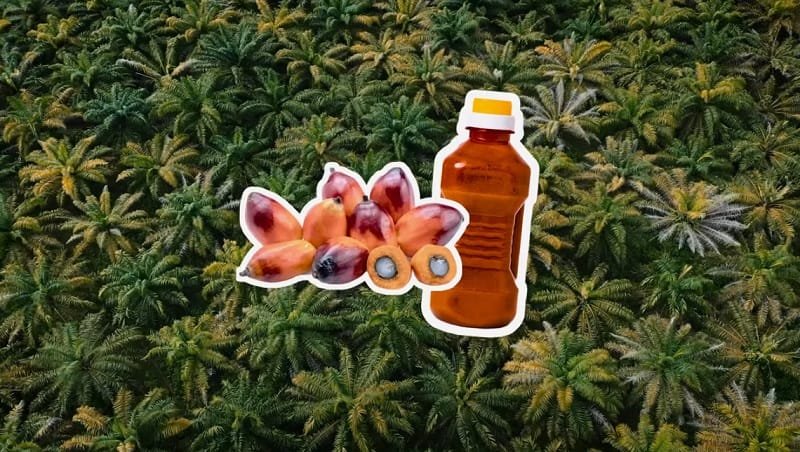Shipping companies, including the German shipping giant Hapag-Lloyd, alongside several NGOs, have issued a joint letter urging the International Maritime Organization (IMO) to exclude unsustainable biofuels, such as palm and soy oils, from its list of green alternatives to traditional fossil fuels. This significant call comes ahead of the IMO’s upcoming discussions on decarbonizing the shipping industry.
The joint letter is signed by several prominent shipping companies and organizations, including Hapag-Lloyd, Hoegh Autoliners, Hurtigruten, T&E, Louis Dreyfus Armateurs, NABU, Zephyr & Borree, and Green Transition Denmark. These leaders in the shipping and environmental sectors are united in their call for action to ensure the sustainability of the shipping industry through the adoption of cleaner fuel alternatives.
The IMO, which has set ambitious targets to bring shipping to zero emissions by 2050, is yet to provide clarity on the specifics of these measures. National delegates are gathering in London this week to discuss new regulatory measures aimed at decarbonizing the sector. However, concerns are rising that without the appropriate safeguards, crop-based biofuels could become the go-to fuel for meeting emission reduction standards. With palm and soy oil being among the cheapest available options, their widespread use could drive up their demand, further compounding environmental challenges.
Research indicates that palm and soy biofuels, when accounting for deforestation and land use impacts, are two to three times more harmful to the climate than conventional shipping fuels. In the EU, the use of palm oil biofuels has more than doubled between 2010 and 2020, fueled by policies promoting biofuels for vehicles. This surge has raised alarms due to the added pressure on biodiversity and food supply chains.
Constance Dijkstra, Shipping Manager at Transport & Environment (T&E), emphasized the environmental risks of palm and soy biofuels, stating, “As things stand, the IMO risks doing more harm than good. Palm and soy biofuels are devastating for the climate and they take up vast amounts of land. Instead of creating new problems, the global shipping community must focus on green fuels made from hydrogen. Burning crops is never the answer.”
Countries such as France, Norway, and the Netherlands have already implemented restrictions on palm and soy biofuels, with the EU excluding food crops from its flagship shipping fuel regulation, FuelEU. Despite these steps at the regional level, the letter advocates for a global ban on crop-based biofuels, urging the IMO to exclude them from regulatory compliance and ensure they do not benefit from financial incentives aimed at promoting cleaner fuels.
The IMO’s new climate strategy, which was agreed upon in 2023, includes a goal of reaching net-zero greenhouse gas emissions by or around 2050. In the interim, the organization aims to reduce emissions by 20%-30% by 2030 and 70%-80% by 2040, relative to 2008 levels. One of the central elements of this strategy is the Global Fuel Standard, which will compel ships to reduce their GHG emissions by adopting cleaner and more sustainable fuels.
The joint letter is accessible on the T&E website for those who wish to read it in full.
About Transport & Environment (T&E)
Transport & Environment is Europe’s leading advocacy group for clean transport and energy. For over 30 years, T&E has played a pivotal role in shaping key European environmental laws. Their efforts have driven the EU to set ambitious CO2 standards for vehicles, uncovered the dieselgate scandal, and successfully campaigned for the end of palm oil diesel. T&E has also been instrumental in securing a global ban on dirty shipping fuels and establishing the world’s largest carbon market for aviation. In 2022, T&E’s advocacy led to the EU decision to end the sale of new combustion engine cars and vans by 2035.
Source Transport & Environment

